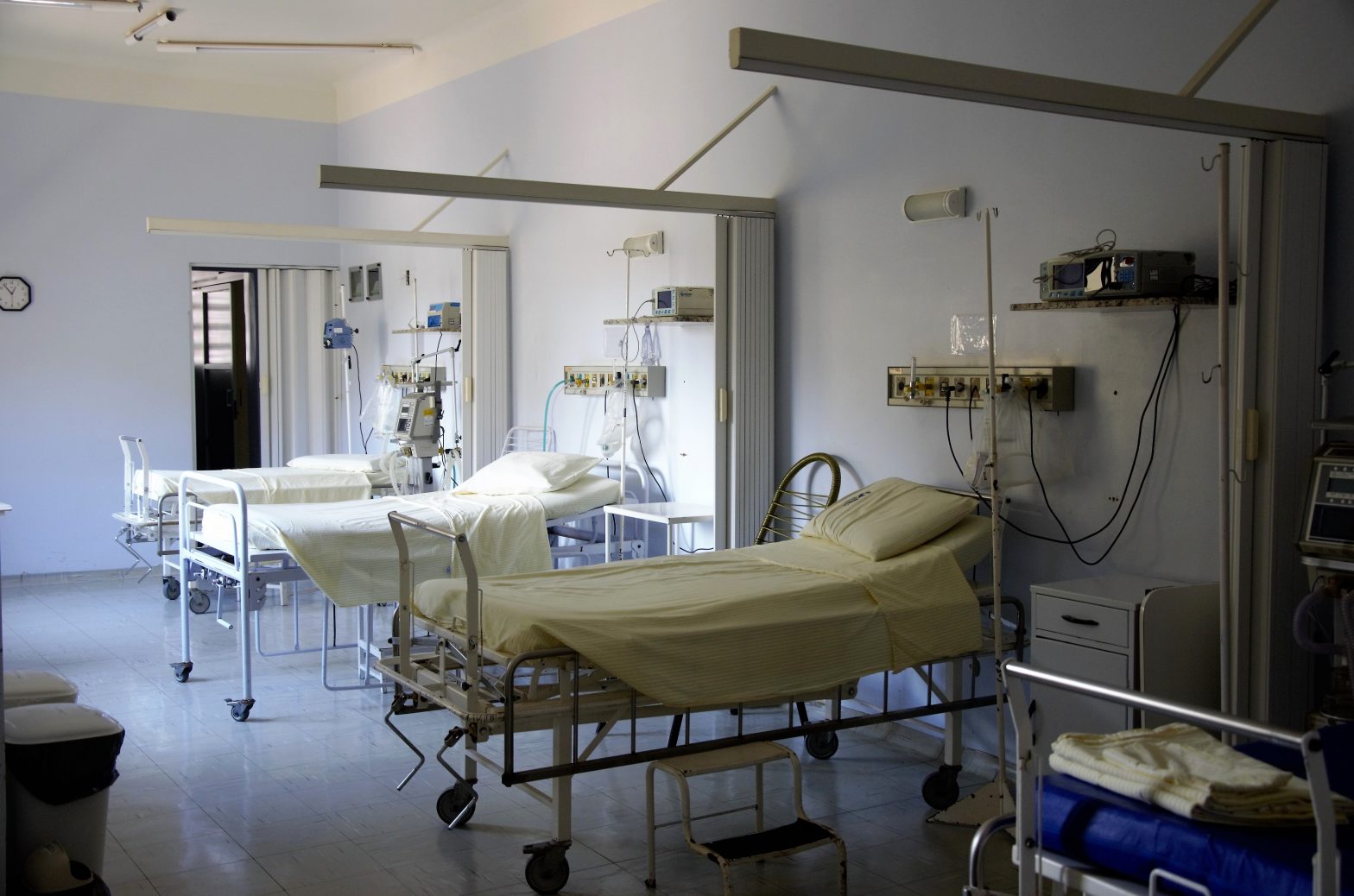Written by Katherine Chan
A new ruling by the Upper Tribunal sheds light on how the courts balance the interest of public justice and the human right requirement.
Following the case of AM (Art 3; health cases) Zimbabwe [2022] UKUT 00131 (IAC), the law is not altered but it does reflect the approach which courts are likely to take in cases of this nature.
Article 3 of the European Convention on Human Rights (EHRC) was the main issue of concern in this case. Article 3 states that: “No one shall be subjected to torture or to inhuman or degrading treatment or punishment.”
Background
The appellant was born in Zimbabwe in 1987. In 2000, he left Zimbabwe and came to the UK to reunite with his mother who was already living there. Both were granted indefinite leave to remain in the UK in 2004. The appellant, who also has a wife and four children in the UK, then committed a string of offences from 2005 onwards – some of which were serious, including possession of a firearm and ammunition.
In 2012, while the appellant was in prison, he applied to the Secretary of State for the Home Department to revoke the order for deportation against him by reference to his rights under Article 8 of the Convention and his diagnosis of HIV. For his HIV treatment he had been taking a drug named Eviplera, which did not lead to significant side-effects as the previous drug did. Moreover, it was doubtful whether he could access the current treatment if he was deported back to Zimbabwe. Should he stop his treatment or be denied access to his treatment, his HIV viral load would rise which could result in death.
Issues for consideration
In considering this case, the Upper tribunal provided guidance on how the threshold of Article 3 health cases are met. Accordingly, two questions need to be answered.
The first question is whether the appellant can establish that he is a seriously ill person. This will generally require clear and cogent medical evidence from his physicians in the UK.
The second question is whether the appellant has adduced evidence that ‘substantial grounds have been shown for believing’ that as ‘a seriously ill person’, the appellant’s health would be at risk due to the absence of appropriate treatment in Zimbabwe or the lack of access to such treatment, of being exposed to a serious, rapid and irreversible decline in his state of health resulting in intense suffering, or to a significant reduction in life expectancy’.
It is held that for the appellant to merely establish that his condition will worsen upon deportation or he would suffer from serious and detrimental effects is insufficient. What is required is the appellant has been suffering intensely. It would be particularly helpful if there are reports by reputable organisations, as well as medical practitioners and experts confirming the availability of treatment in the receiving state. Article 3 is only applicable after the threshold test has been met.
Decision of the Tribunal
Taking different evidence into consideration, the Upper Tribunal held that there is appropriate and accessible/affordable treatment in Zimbabwe. It is believed that the treatment generally available there will be sufficient, appropriate and accessible in practice for the treatment of the appellant’s HIV. Moreover, the appellant’s condition has been controlled despite his failure to attend appointment and not taking medication on several occasions.
Even though the appellant may have to pay for some testing and medication, that will be affordable to him given the sums involved are small (2 USD a month) and the support of his wife, her family and his own family in the UK. The appellant could also earn his own living in Zimbabwe as he was an “intelligent and resilient man” according to the Upper Tribunal.
Accordingly, the appeal was dismissed on human rights grounds (Article 3 ECHR). The appeal on Article 8 grounds was also finally dismissed by the Tribunal.
Our Comments
The decision shows that the English courts have continued to take a stringent approach to applying Article 3 ECHR.
The threshold is extremely high and any potential applicant must show that their removal will lead to a rapid and irreversible decline of their health.
Have questions about this article? Get in touch today!
Call us on 020 7928 0276, our phone lines are open and we will be taking calls from 9:30am to 6:00pm.
Email us on info@lisaslaw.co.uk.
Use the Ask Lisa function on our website. Simply enter your details and leave a message, we will get right back to you: https://lisaslaw.co.uk/ask-question/
Or, download our free app! You can launch an enquiry, scan over documents, check progress on your case and much more!




